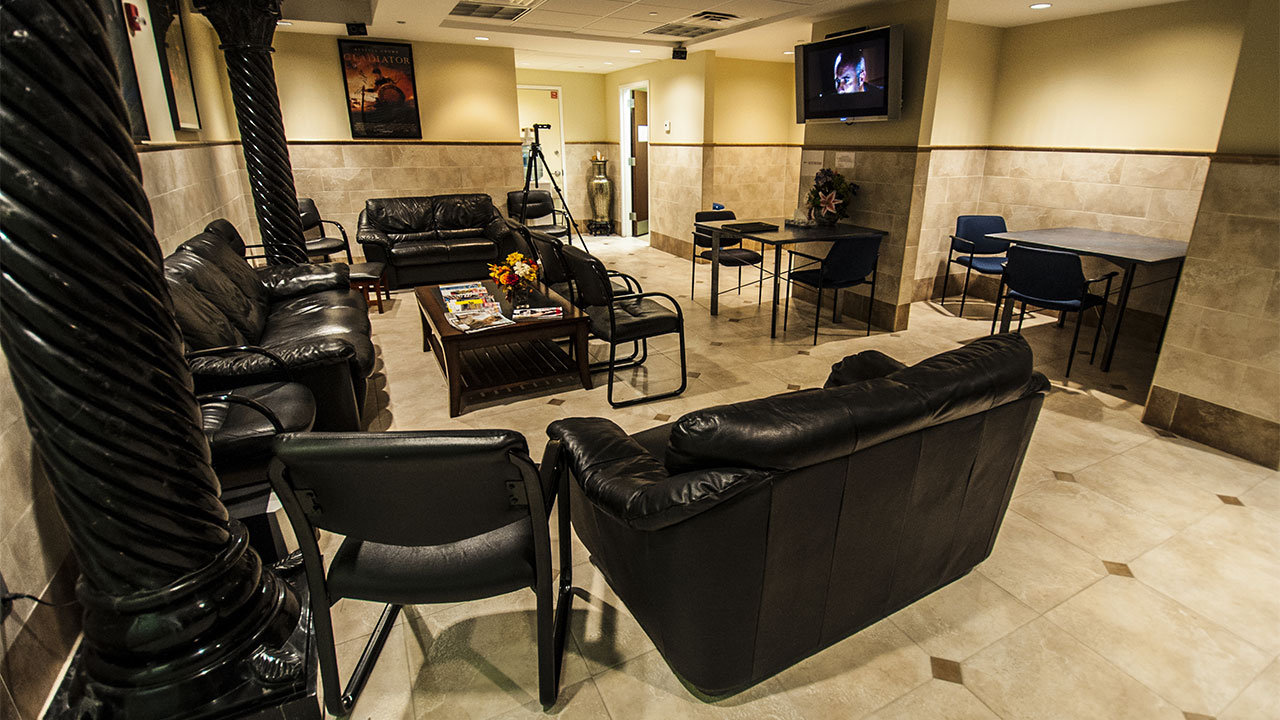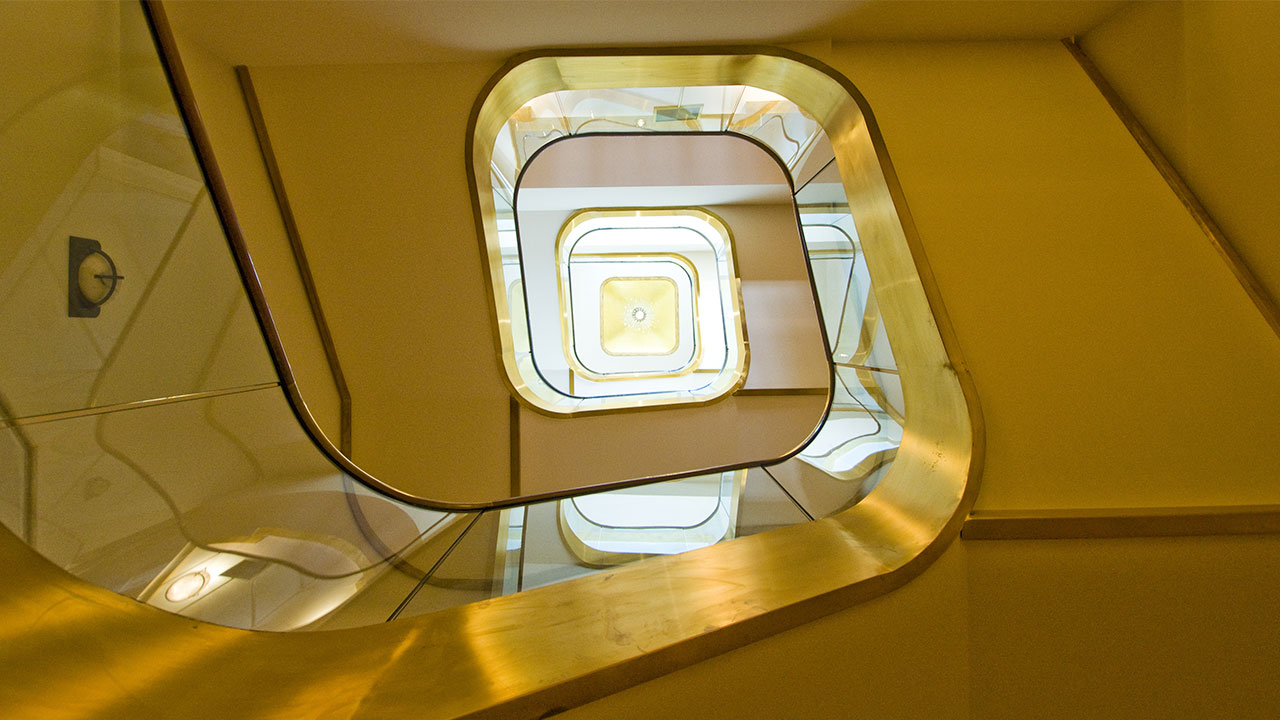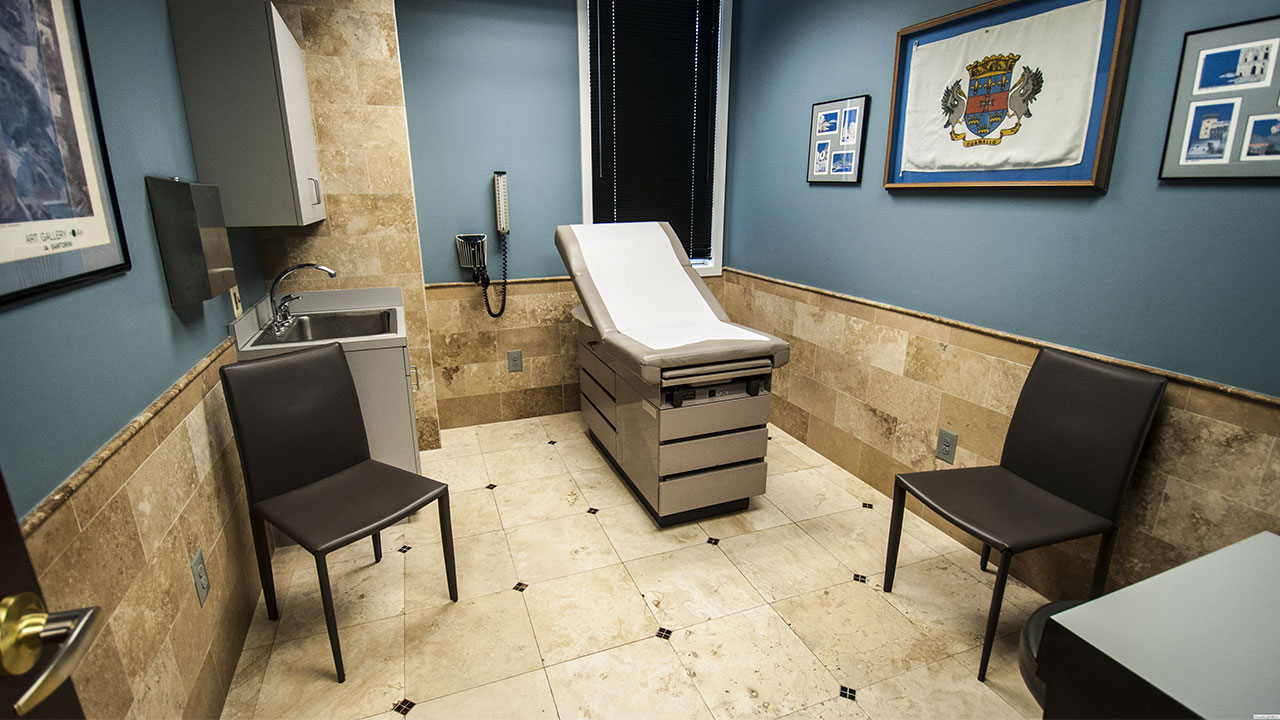
Care We Offer

Diagnosing and Treating Heart Disease
We provide diagnostic testing that’s delivered professionally and thoughtfully, using state of the art equipment. We put your comfort and care first as we work to make an accurate diagnosis.
HEART AND VASCULAR CONDITIONS WE TREAT
Our heart and vascular experts treat a range of conditions, including:
- Angina
- Aortic Stenosis
- Aortic Valve Disease
- Arrhythmias
- Atherosclerosis
- Atrial Fibrillation
- Bradycardia
- Cardiomyopathy
- Congestive Heart Failure
- Coronary Artery Disease
- Heart Block
- Heart Attack
- Heart Failure
- Heart Valve Disease
- High Blood Pressure
- High Cholesterol
- Mitral Regurgitation
- Mitral Valve Disease
- Mitral Valve Prolapse
- Palpitations
- Peripheral Arterial Disease (PAD)
- Pulmonary Hypertension
- Shortness of Breath
- Supraventricular Tachycardia
- Syncope (Fainting)
- Tachycardia
- Vein Disease
- Ventricular Tachycardia
SCREENING AND DIAGNOSTIC TESTING
Depending on your needs, your doctor may recommend one of the following tests:
- 24-Hour Ambulatory Blood Pressure Monitoring
- Ambulatory Telemetry Monitoring
- Angiography
- Cardiac Catheterization
- Carotid Artery Ultrasound
- Contrast Echocardiography
- Coronary Calcium Score
- Coronary CT Angiography
- Computed Tomography Angiography (CTA)
- Echocardiography
- Exercise Stress Testing
- Holter/Ambulatory Monitoring
- Nuclear Stress Test
- Pharmacological Stress Testing
- Renal Artery Ultrasound
- Stress Echocardiography
- Tilt Table Test
- Transesophageal Echocardiography (TEE)
- Vascular Ultrasound of the Arm and Leg
- Vein Screening and Treatment
HEART AND VASCULAR TREATMENTS
- Arrhythmia Management
- Balloon Angioplasty
- Balloon Aortic Valvuloplasty (BAV)
- Balloon Mitral Valvuloplasty
- Cardiac Rehabilitation
- Cardiac Resynchronization Therapy
- Cardio-Oncology
- Cardioversion
- Catheter Ablation
- Coronary Angioplasty
- Coronary Artery Stent Placement
- Cryoablation
- Defibrillator Implantation
- Enhanced Counterpulsation (EECP)
- Mitral Clip Insertion
- Pacemaker Follow-Up
- Pacemaker Implantation
- Percutaneous Transluminal Angioplasty
- Radiofrequency Ablation
- Renal Artery Stenting
- TAVR
- Watchman® Implant
Nuclear Cardiology
Nuclear cardiology gives doctors noninvasive ways to see how well your heart is pumping and how well blood is flowing through your heart.
Nuclear cardiology tests can also help diagnose coronary artery disease. They can also help doctors assess the size and location of a heart attack.
Depending on your symptoms or condition, your doctor may recommend nuclear cardiology services such as:
Myocardial perfusion imaging (MPI), which shows how well your blood is flowing through our heart. This is sometimes called a nuclear stress test. During this diagnostic test, an imaging machine shows blood flow in your heart.
Radionuclide ventriculography, which shows how well your heart is pumping. It measures the amount of blood pumped out of your heart with each beat, called your ejection fraction.


IN DEPTH: Myocardial Perfusion Imaging (MPI)
During a myocardial perfusion imaging (MPI) test (sometimes called a “nuclear stress test”), a tracer is injected into your blood stream during rest and during exercise or chemical stress.
Exercise may consist of walking on the treadmill or riding a stationary bicycle. A chemical stress test can be done for patients who aren’t able to exercise intensely. It uses drugs (dipyridamole, adenosine, regadenoson, or dobutamine) to show the impact of exercise on your heart.
Myocardial perfusion images will show the blood flow to your heart and reveal any blockages or narrowing in your arteries. This test will also show any areas of your heart that have been damaged by a heart attack.
MPI can help your doctor assess your risk for heart attack and identify if you are a candidate for coronary angiography, angioplasty, or heart surgery.
Nuclear Cardiology and Your Heart Health
Nuclear cardiology studies continue to play an increasingly important role in the new millennium, in the noninvasive diagnosis of coronary artery disease, the assessment of the pumping function of the heart and in the prediction of outcomes in patients with heart disease.
Heart disease remains a leading cause of death in America, and these studies are a very important way for your doctor to assess your heart’s health and diagnose heart disease.
